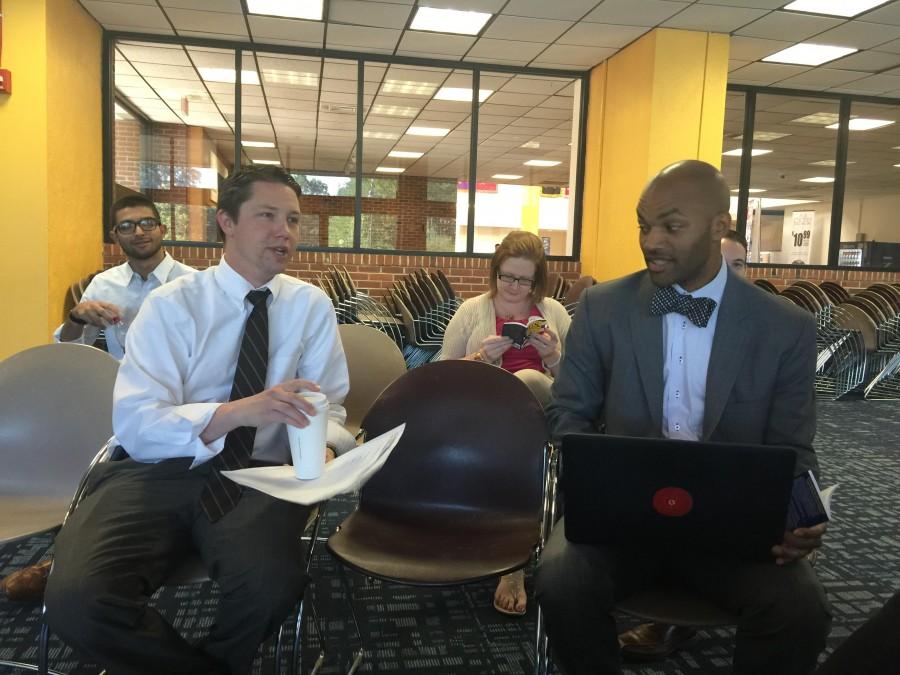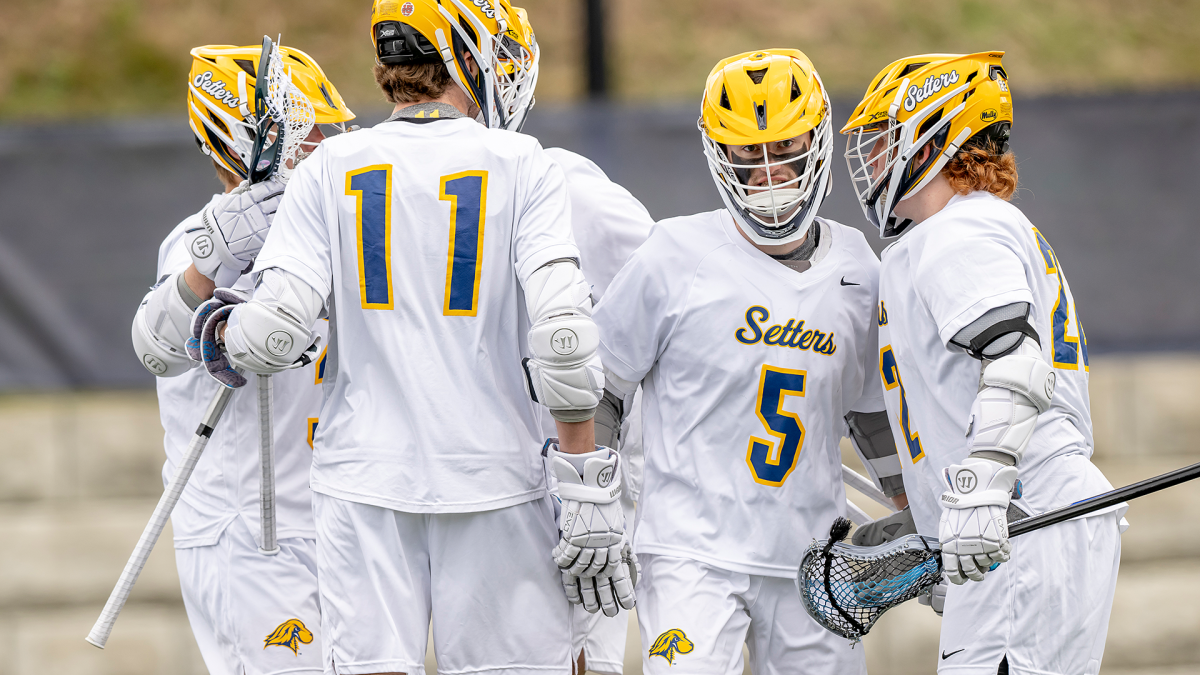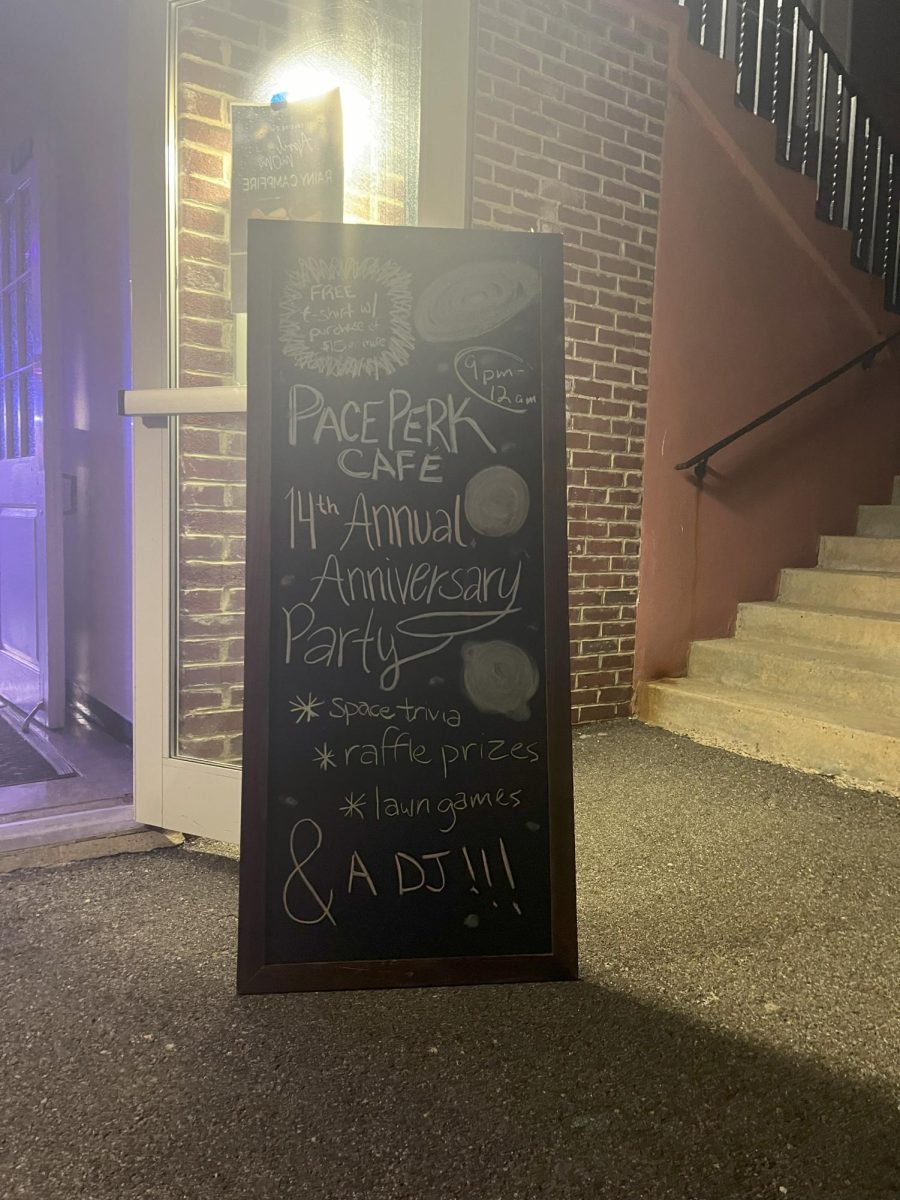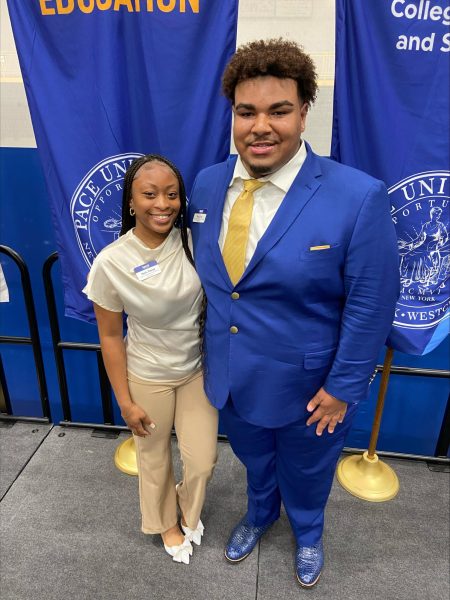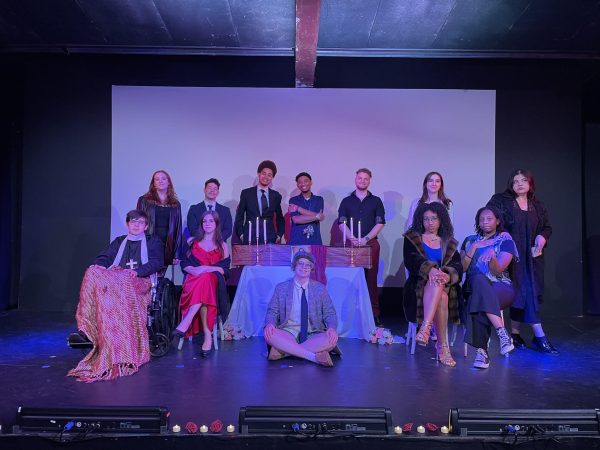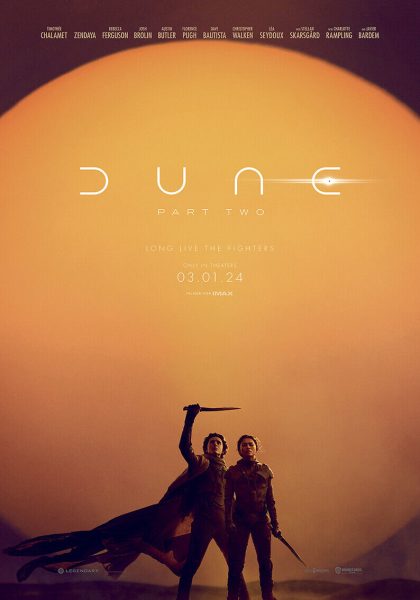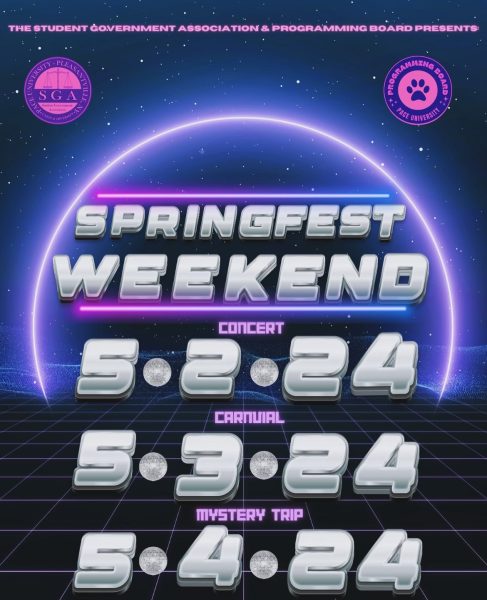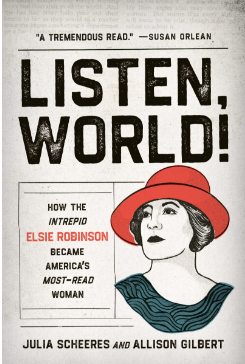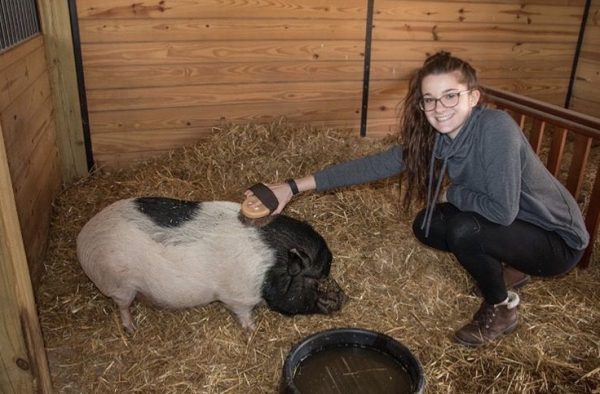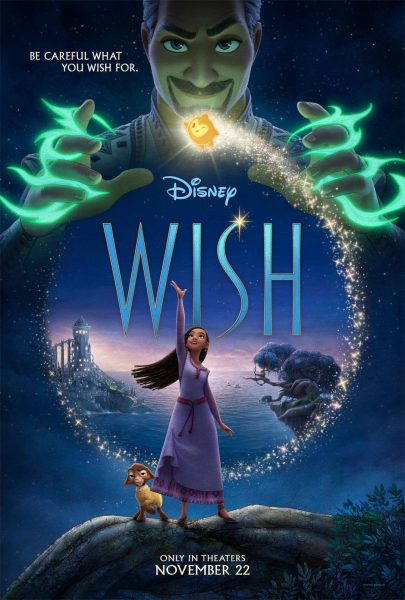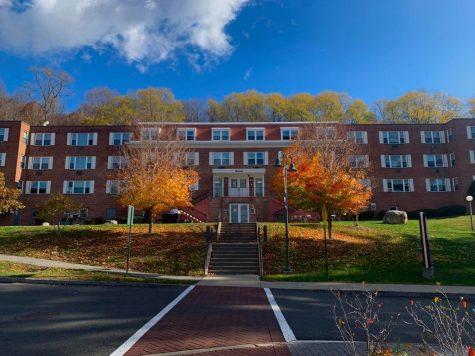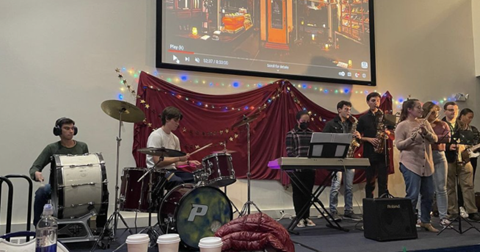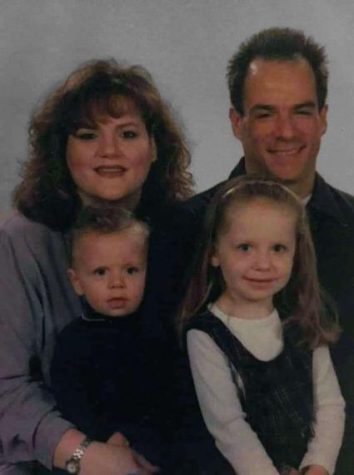Pace Celebrates Constitution Day With Debate
Senior Associate Director for Student Development & Campus Activities Shawn Livingston and Director of Multicultural Affairs & Diversity Programs Cornell Craig participate in the discussion.
September 26, 2015
Senior Associate Director for Student Development & Campus Activities Shawn Livingston hosted an event on September 17 to celebrate Constitution day—the day the Constitution was signed— and to create discussion and debate.
Participants were given a miniature Constitution, courtesy of Pace’s Provost Office.
The event began with a discussion of how when a major political event happens, college campuses often do not take action when they should.
“I’m talking about leveraging some kind of formal political action, something that you had the reserve rights to do, based on the United States Constitution and, or Bill of Rights,” Livingston said. “But does that really happen on college campuses? No.”
The discussion then segued into the meaning of the preamble of the Constitution, which starts with “We The People.”
Director of Multicultural Affairs & Diversity Programs Cornell Craig said that in 1786, when the Constitution was ratified, “We The People” did not include everyone.
“We know that ‘We The People’ didn’t include women, it didn’t include people of color. It only included white Christian men who owned property,” Craig said.
The discussion moved into a conversation about the first amendment, which includes the freedom of speech, religion, press, assembly, and petition. The first part of the conversation was about the good that it does for society.
“It allows freedom of space for diverse perspectives. Those perspectives, because there’s common place can cause differences, which can lead to maybe challenging and improving the process of local, federal, and state governments,” Livingston said.
Craig then said that the most important part of freedom of speech is that a person cannot go to jail for saying something.
“The benefit of freedom of speech is being able to say whatever you want, short of fire in a crowded movie theater, which would create another situation to harm others,” Craig said. “That doesn’t mean there are no consequences, but you’re not going to be locked up.”
Karen Reitan, an international student from Norway, then said that she felt that just because a person has the ability to say whatever they want, they should not say things that have the sole intent of upsetting others.
“The thing is, with any freedom, you have to not be stupid. You will always have the people that say ‘Oh it’s freedom of speech, so I’ll say something really dumb and offend people, just because I can’,” Reitan said. “When they do the drawings of Mohammed in the newspapers, it’s just like why [do something just to offend people?]”
This response sparked disagreement from freshman Giliean Pemble.
“But was the proper response for [Charlie Hebdo’s] offices to be assaulted by armed men?” Pemble said, in reference to the incident in Paris at the beginning of the year.
The discussion then moved into a conversation about whether people should be allowed to spread hatred, incite violence, and ridicule others’ religions and nationalities.
One student brought up the point that what might be considered hatred for one person might not be perceived the same way to someone else, which led to agreement from Craig.
“During the fight for civil rights in the 60s a lot of people who were identified as freedom fighters were also identified as people who incited riots and stirred people up. Martin Luther King and Stokely Carmichael were thought of as threats to society,” Craig said.
The event ended with a discussion about how the Constitution is able to change over the course of time.
“While [the Constitution] can definitely be criticized for what it is, what it isn’t, what it never will be, and what it wasn’t, it also is amazing in the fact that it can be updated to include things that were left out,” Craig said. “I think that touches on being a college student, you’re not going to be perfect ether, but leave space for learning, growth, and education.”
Livingston hopes this event will spark further discussion on campus.
“I hope if you feel things are unjust, that you will utilize your power and voice as a student body to work with administrators who are open to that process, and want to learn and grow with you, to make positive change on our campus,” Livingston said.
Political science professor Howard Weishaus usually hosted the event. However, due to his retirement this summer, some improvising was needed to keep the event alive.
“We kind of in a last minute crunch reached out to a few folks. So what I did was just use my teaching background, and grabbed a couple of lesson plans, merged them together and facilitated dialogue, because I’m no expert,” Livingston said.

